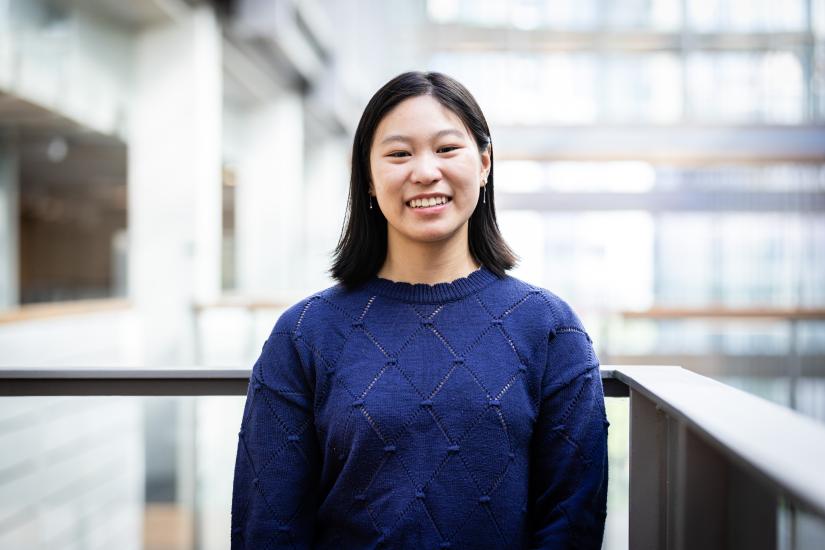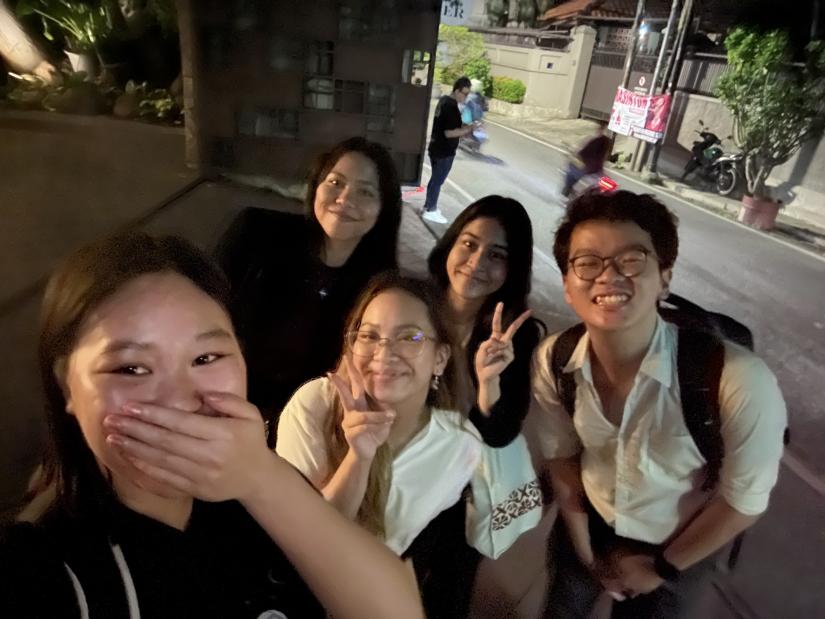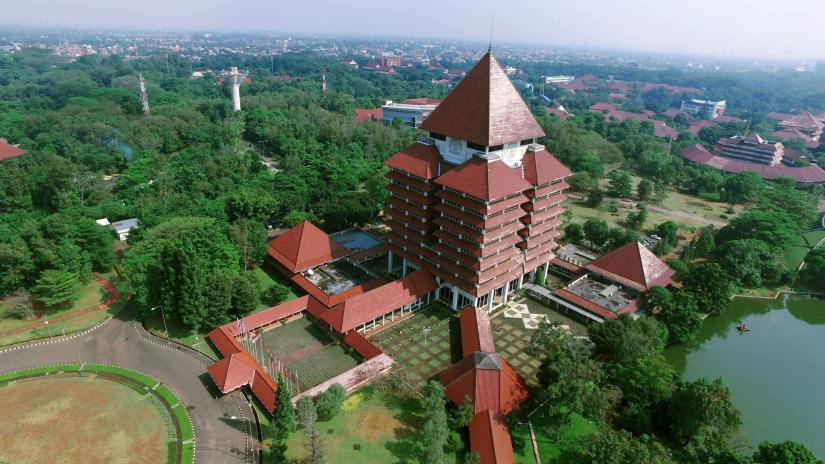Over the summer holiday, students from the Bachelor of Criminology program completed a unique internship program in Jakarta, Indonesia, as part of the Federal Government's New Colombo Plan initiative, "which aims to lift knowledge of the Indo Pacific in Australia by supporting Australian undergraduates to study and undertake internships in the region."
The UTS Bachelor of Criminology prepares students to face the transnational nature of crime, meaning a overseas study experience with one of Australia's closest neighbours is an important and highly valuable experience.
One of the students, Ashly Liu, writes about her experience.

We were sent to Jakarta for two weeks where the company International Internships hosted us as part of the New Colombo Plan. Our main task was to work in a group of three and conduct research on a selected vulnerable group and their access to justice in Indonesia. Our final report and presentation were then critiqued and reviewed by the Academics at the University of Indonesia.
To better understand the social groups and presiding societal issues, the hosting company arranged for us to visit the local criminology agencies, allowing us to conduct live interviews in correlation to our topics. We were also able to gain expertise from partnering up with local student interns from the University of Indonesia.

My main research project in Indonesia was on exploring the topic of vulnerable women in narcotic related crimes, and how they can access justice in the local Criminal Justice System. I was grouped up with one of the other UTS students and a final year criminology student from Universitas Indonesia. The professors at the university provided us some readings that really helped with our general understanding of the local judicial system and provided early feedback for us to better develop our final report.
One of the key experiences for me in this process was being able to interview the people from the local agencies who always provided us with traditional snacks and patiently answered all our questions. Just to give some context, these agencies included Amnesty Indonesia, Legal Aid, Commission on Violence again Women, Commission on Human Rights, Integrity Asia, Australian Embassy, IDN Media and more. It was really eye opening to have these professionals tell us about the ways our systems differ from each other, and also understanding how the socio-economic and cultural values affect how they view crime.

Universitas Indonesia
One thing I noted was the focus on empathy and justice that the professors put into their research. These are important when facing issues such as corruption and stigma in the criminal justice system.
In terms of the more intercultural aspect of our trip, I arrived earlier than the other students, so I had more time to explore at my own pace. I think having the time to explore the country allowed me to gain a greater appreciation for the culture and is something I think everyone in the cohort could have benefited from.
As for my personal experiences, I visited a number of the major malls in Jakarta, as well as cultural experiences and local sites such as Blok M Square, the old Dutch settlement town Batavia, Old Glodok Chinatown and PIK Chinatown.
My initial goal in Indonesia was to immerse myself in the culture and overcome the language barrier, and build my cultural humility. Overall I think overcoming the discomfort of culture shock was useful to me and the other students, as we were all able to grow and thrive. I also made some great friends in the Indonesian students, and we're still keeping in touch.


